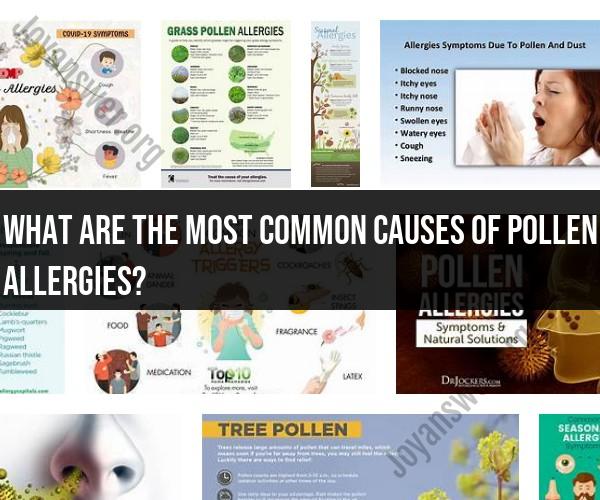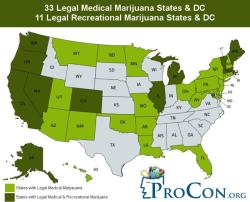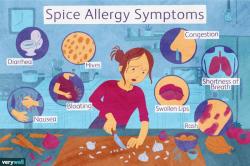What are the most common causes of pollen allergies?
Pollen allergies, also known as hay fever or allergic rhinitis, are primarily triggered by exposure to pollen from certain plants. The most common pollen allergens that cause allergic reactions include:
Tree Pollen: Tree pollen allergies are most prevalent in the spring. Common trees that produce allergenic pollen include oak, birch, cedar, maple, and pine.
Grass Pollen: Grass pollen allergies typically occur in late spring and early summer. Grasses like Timothy, Bermuda, Kentucky bluegrass, and ryegrass are common sources of allergenic pollen.
Weed Pollen: Weed pollen allergies are more common in late summer and fall. Common weed allergens include ragweed, sagebrush, lamb's quarters, pigweed, and plantain.
Mold Spores: Mold spores, although not pollen, are another common allergen during warm, humid weather. Mold can grow on decaying leaves, compost piles, and damp areas indoors. Mold allergies can sometimes be mistaken for pollen allergies due to similar symptoms.
Pollen allergies are often seasonal, with symptoms flaring up when specific plants release their pollen into the air. The severity and timing of pollen allergies can vary depending on geographic location, climate, and the specific pollen to which an individual is allergic.
It's important to note that while these are the primary causes of pollen allergies, other airborne allergens, such as dust mites, pet dander, and indoor molds, can exacerbate allergy symptoms and may need to be managed alongside pollen allergies.
If you suspect you have pollen allergies and experience symptoms during specific seasons, consider consulting an allergist or healthcare professional for allergy testing to determine the specific allergens to which you are sensitive. This can help tailor your allergy management and treatment plan.












